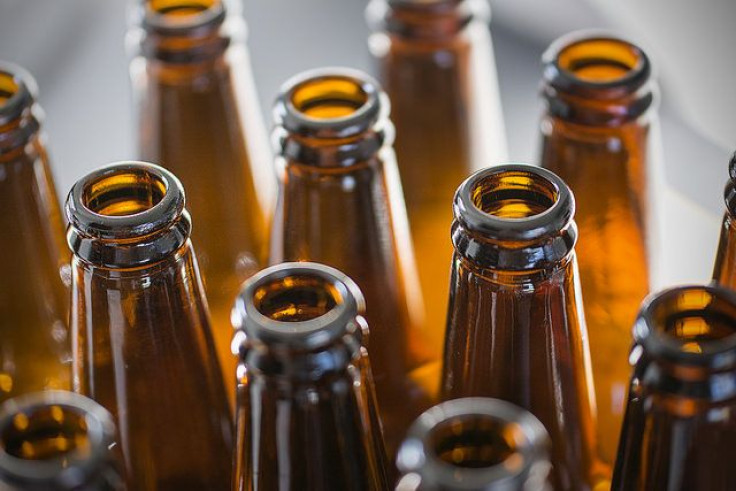Quitting Drinking For A Month Improves Liver Function; The Rising Popularity Of 'Dry January'

A popular New Year’s resolution is to quit drinking alcohol — thanks, holiday season. In fact, Newsweek reported alcohol sales typically drop each January, and tens of thousands of people are signing up for sober-long challenges. But is going dry for the month enough to impact health?
The team at New Scientist decided to put the concept of a Dry January (in October) to the test. Dry January, which has been growing in popularity over the past couple of years, is exactly how it sounds: People abstain from alcohol for a single month. New Scientist teamed up with Rajiv Jalan at the Institute for Liver and Digestive Health at University College London Medical School to investigate. They filled out health-related questionnaires, took ultrasound scans to measure the amount of fat on their liver, and gave blood samples to be used afterward to test levels of metabolic chemicals linked to liver health.
For five weeks, some of the staff — all self-reported “normal drinkers” — drank no alcohol, while four continued drinking as they normally would. Though it was a small-scale experiment, Jalan found significant results. The drinking staff’s liver fat fell on average by 15 percent, and almost 20 percent in some individuals. This is highly significant, Jalan said, “because fat accumulation on the liver is a known prelude to liver damage.” Preventing liver deterioration also prevents scarring called fibrosis, as well as non-reversible scarring called cirrhosis.
Additionally, staff who abstained from alcohol reduced their glucose levels by an average of 16 percent — an effect Kevin Moore, an experiment consultant, doesn’t believe has ever been observed. Dropping levels could mean the staff’s bodies became more sensitive to insulin, which is ultimately a sign of better blood glucose balance. An imbalance in blood glucose, as you know, is a hallmark symptom of type 2 diabetes. Blood cholesterol, sleep, and weight loss efforts also improved over the course of the experiment.
Apart from being dissatisfied with their social life (something a couple of Medical Daily staffers know all too well), the experiment was considered a healthful success.
"What you have is a pretty average group of British people who would not consider themselves heavy drinkers, yet stopping drinking for a month alters liver fat, cholesterol and blood sugar, and helps them lose weight,” Moore said. "If someone had a health product that did all that in one month, they would be raking it in."
What’s interesting is that in looking at Dry January trends, Newsweek found evidence participants don’t have to go dry the entire month. Dr. Kevin Fenton of Public Health England told the magazine, “Even if [they] didn’t successfully complete the 31 days, it generally led to a significant decrease across all the measures of alcohol intake.”
Alcohol is but one of the many factors contributing to poor liver function and disease. But, if you're guilty of not prioritizing your liver health (as many of us are), it seems like a great place to start.



























